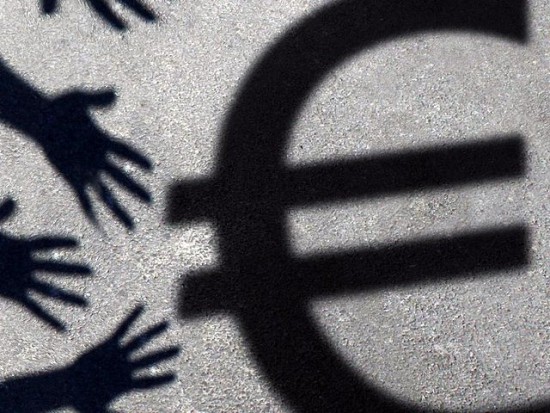Macedonia “Rushes” Record Budget Ahead of Elections
Macedonia’s government said it is confident that the country can manage next year’s largest-ever state budget – whose adoption in parliament arrived earlier than usual.
Macedonia has set next year’s budget, which entered parliament this week, at about 3.35 billion euros, with revenues estimated at about 3.05 billion euros.
This means that the government plans to spend 175 million euros more – 5.5 per cent more – than it did last year. It also means a deficit equal to 3 per cent of Gross Domestic Product, GDP.
While the government claims it will spend a record amount on capital investments next year, the opposition and some economic experts say the budget is far from development-oriented and risks further increasing the country’s debt.
Finance Minister Kiril Minoski told parliament the budget focuses on development and on “significant investments in the construction of the highway – part of Corridor 10 – the railway, energy and communal infrastructure, as well as capital investments for improving the health, educational and social systems, agriculture, culture, sports, the judiciary and ecology.”
The government plans to spend most money next year, 2.9 billion euros, on running costs such as wages, pensions, subsidies, social transfers and various other purchases, leaving some 438 million euros, or 13 per cent of the budget, for investment and development projects.
The budget for next year was prepared on the basis of projected economic growth of 3 per cent and an inflation rate of 1 per cent, which is about the same as this year.
Marijanco Nikolov, an MP from the main opposition Social Democratic Party, SDSM, argued in parliament that the budget reflected the old habit of the ruling VMRO DPMNE of continuously adding to the size of the public debt.
“This irresponsible government in the past ten years has exclusively worked on increasing the debt,” Nikolov said, adding that the projections for next year confirmed that matters were heading in the same direction.
Despite the controversial issue of a new Eurobond this July, worth 450 million euros, the new budget includes plans to borrowing a further 576 million euros. The government says it plans to borrow half of this from domestic creditors and the other half from abroad.
Economics professor Marjan Petreski told BIRN that the planned debt hike was a “surprise … having in mind that the last Eurobond was initially planned to cover part of next year’s expenditures as well”.
Petreski said that while the 438 million euros set aside for capital investments was positive news, “this amount will almost certainly be cut with a re-balance [of the budget] next year, a practice that the country has seen over and over again in the past ten years”.
The opposition also questioned whether the adoption of the new budget was so urgent that it could not wait for the new government that should be elected after the December 11 early general elections.
Kire Naumov, Deputy Finance Minister, who joined the current interim government led by the VMRO DPMNE party from the ranks of the opposition, recently called for temporary financing measures until elections took place.
“Adopting a budget this hastily ahead of the elections is political and financial violence. A decision should have been made for temporary financing until a new government is formed in January,” he said.
However, the ruling party insists there is nothing wrong in submitting the draft budget now, ahead of the dissolution of the parliament on October 11, two months ahead of the elections.
Last year and in previous years, draft budgets entered parliament significantly later, at the end of the year.
The opposition has hinted that it might try to stall adoption of the budget in parliament by submitting many amendments.
30 September, 2016

